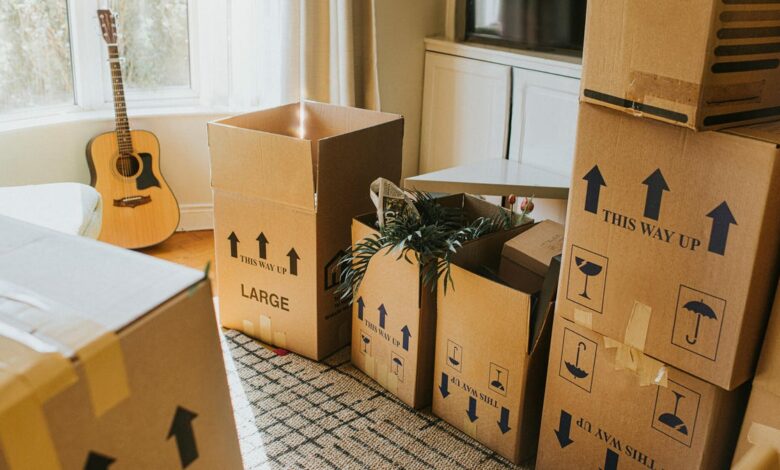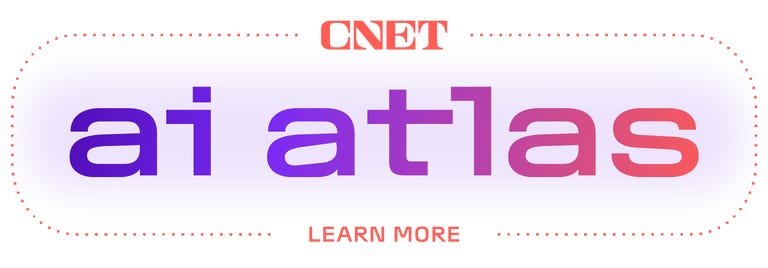This AI startup wants to be the Kayak.com of moving



Moving ranks as one of the most stressful events in life – and the average American moves 11 timesso it’s a stressful event that most of us experience multiple times.

In addition to the stress of packing and unpacking and starting new jobs and schools and finding new doctors, vets and friends, there’s also the nerve-wracking process of finding a moving company. But just as AI aims to help us live healthier lives and tell our life stories, it can also help take the pain out of moving. Or at least that’s what AI startup WeMove hopes is possible.
The status quo leaves much to be desired.
For starters, when you enter your details on a moving website, you may have given your details to a lead provider, who then sells the details to multiple companies, who then bombard you with phone calls, texts and emails.
And then there’s the inventory process. This is when you and a potential moving company go through your home room by room and talk about all the furniture and boxes that will go on the truck. This is usually done over the phone or video call, but it’s not an exact science. You’ll need to estimate the number of boxes you’ll pack into each room.
Furthermore, movers calculate in cubic feet. And if you, like me, don’t quite understand what 500 cubic feet means, you could be in for a nasty surprise when a truck arrives on moving day that doesn’t have enough room for your belongings.
“Very, very, very few times do moves go according to the quote that was reviewed on the day of the inventory,” says WeMove founder Travis Benoit. “What we wanted to do was streamline that entire process, very similar to what you would think of when you think about planning a trip.”
WeMove, based in Fort Lauderdale, Florida, aims to become the Kayak.com of moving. By that, they want you to be able to book your move online, just like you would a vacation.
WeMove launched a consumer marketplace in October 2023, where you can capture your inventory, request a quote, book a move, and assign a carrier without ever dealing with a human salesperson.
The startup has built image recognition software that lets you take photos or videos of your home to catalog inventory. The software identifies all the items in those rooms. You then get an itemized breakdown of inventory by room, which you can edit as needed.
The AI model was trained on 20,000 household appliances, including large appliances such as pinball machines and grand pianos.
“The hardest part of training an AI model is not only the image recognition part that we do, but training it to be 98% accurate when it comes to the actual size determination,” Benoit said.
WeMove also uses a GPT, a custom-built AI chatbot based on OpenAI’s ChatGPT chatbot technology, as part of this process.
WeMove recently released a software platform and API for moving companies to capture inventory using the same technology. The startup also plans to build an AI-powered load board for carriers, which moving companies will use to find jobs.

“For example, a long-haul carrier goes across the country and picks up your load in, let’s say, Los Angeles, and they’re headed to Miami and the system knows they dropped off 500 cubic feet in Texas,” Benoit said. “We can automatically tell that carrier, ‘Well, we know you’re going to Miami and we’ve got 500 cubic feet sitting here in Texas,’ so your truck never has to drive partially empty.”
WeMove also plans to build a Customer Relationship Management (CRM) platform specifically focused on moving.
“Most of the players are running on what we call legacy software. And when I say legacy software, I’m not talking about 2015. I’m talking about 1997 to 2001,” Benoit said.
WeMove has raised a pre-seed round of funding from Mucker Capital and plans to raise a seed round soon.
This is one of a series of short profiles of AI startups, to help you get a handle on the landscape of current AI activity. For more on AI, see our AI Atlas hub with product reviews, news, tips and explanations.




